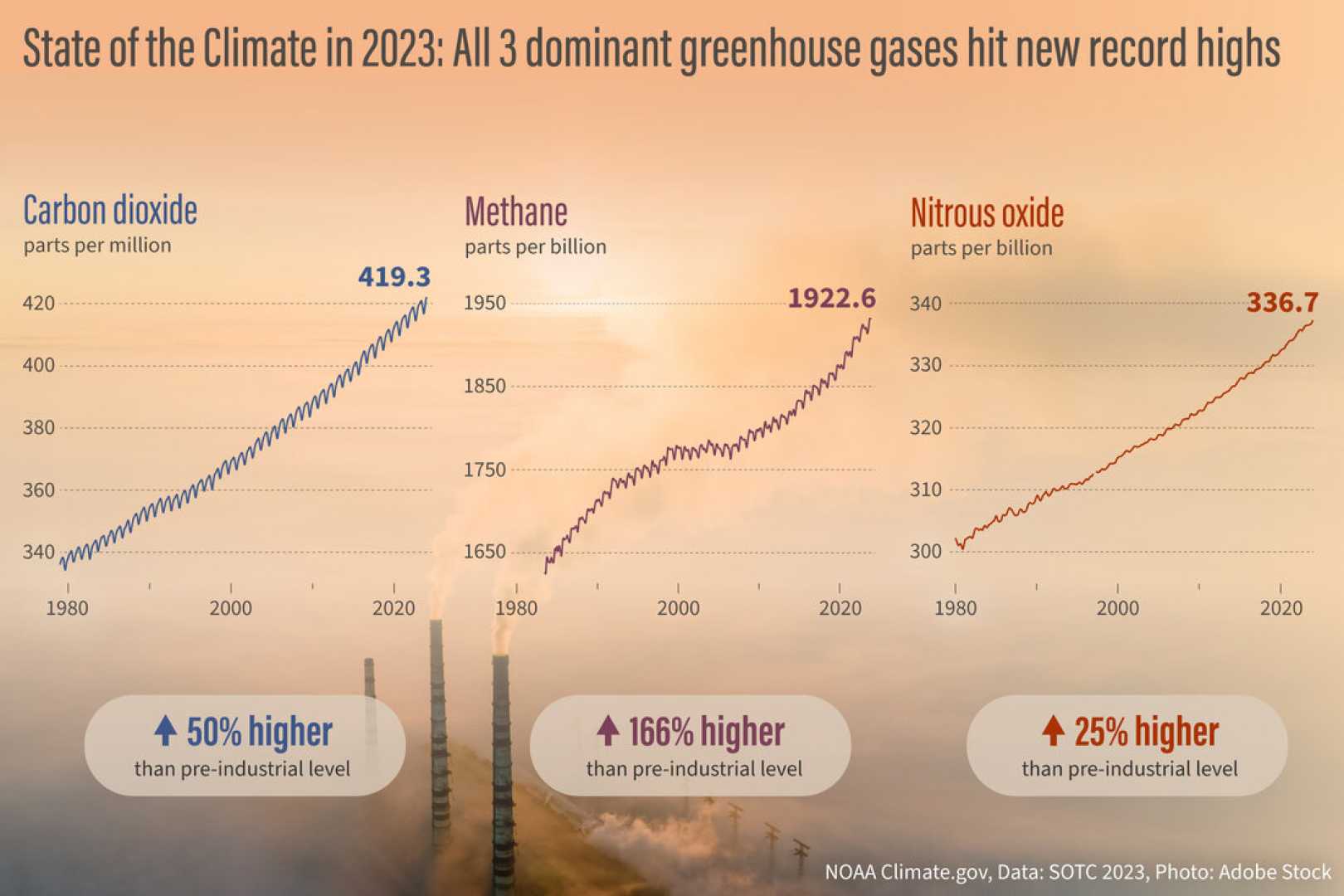News
Experts Warn U.S. Risks Losing Key Climate Data Amid Fed Cuts

WASHINGTON, D.C. — In April 2023, a report from the President’s Council of Advisors on Science and Technology warned that the United States is unprepared for extreme weather risks. As climate change intensifies, the nation faces growing challenges in collecting reliable data. The Trump administration’s cuts to federal climate initiatives have further worsened this situation.
Following significant staffing cuts and grant cancellations, agencies like the National Oceanic and Atmospheric Administration (NOAA) have halted updates to critical databases tracking climate disasters that cause over $1 billion in damages. With rising temperatures, instances of costly weather disasters have surged from an average of three per year in the 1980s to numerous events occurring in recent years.
The report highlights significant concerns among scientists and nonprofits about the erosion of federal climate and weather data. Madison Condon, an associate professor of law at Boston University, noted that while private companies can provide valuable insights, local governments heavily depend on federal research for vital information. ‘Town managers and local zoning commissions rely on NOAA’s sea level rise maps,’ she explained.
Federal data underpins essential decision-making for governments, businesses, and insurers. It informs infrastructure planning and insurance pricing, stabilizing costs for homeowners. However, Condon emphasized the need for accurate, coordinated data collection among agencies like NOAA and FEMA to guide effective climate policies.
As private firms develop their climate risk models, they rely heavily on public data. However, these proprietary models often lack transparency and face questions regarding accuracy. For instance, a recent Bloomberg Green analysis found that flood-risk models from different firms only agreed 21% of the time in assessing a specific area in Los Angeles County.
Insurers including Brian Espie of Kettle noted that cuts to federal data could lead to higher premiums for policyholders. ‘If public data becomes sparse, costs will shift to private entities,’ he added, highlighting the broader implications for consumers.
With a narrative of climate denial impacting funding and data availability, the stakes are high for accurate climate information. The potential rise in climate-related foreclosures could reshape the housing market and threaten financial stability. A wave of foreclosures is predicted to comprise up to 30% of total foreclosures within the coming decade.
In conclusion, as the Trump administration continues to prioritize cuts to climate-related programs, the repercussions could be dire. The impacts will be felt most acutely by homeowners, renters, and communities dependent on reliable climate data.












